Iberdrola has made impressive advancements across the world, but specifically focusing on the growing solar industry in Mexico. Their PPA with Vodafone, who is also taking a green energy initiative, is encouraging clean energy for large corporations as well.
Spain has been aiming to better promote stable energy prices through bilateral agreements. This is also a necessary adjustment to make renewable energy reliable for large customers who prefer sustainable energy. The power purchase agreement between Vodafine Espana and Iderdola will contribute to this goal, as well as renewable goals for Iderdola in general.
Vodafone Espana is aiming to purchase only 100% renewable energy by 2025 and to reduce its greenhouse gas emissions by 50%. With this deal, Vodafone Espana will have complied with 75% of their objective by 2021 when this agreement is official. This long term power purchase agreement will also ensure they meet this goal for the foreseeable future.
Under this agreement, almost 30% of the Gwh per year will be supplied from the Puylolo wind project in Aragon, Spain. The remainder of the 540Gwh will be from other renewable energy agreements, as guaranteed by Iberdrola. Both Iberdrola and Vodafone have taken strides to commit to these environmental undertakings. Iberdrola is a model for these types of power purchase agreements and has managed to bring renewable and clean energy to the United Kingdom, United States, Spain, and Mexico.
In total, the solar projects have provided over 2,500 MW of power. They even plan to help the economy recover from this pandemic outbreak by investing €10 billion on new projects. Renewables will be the focus on this investment, but more specifically, they plan to focus on improving the technology within the industry with smart grids, large scale storage systems, and other innovations.
Vodafone has taken the approach of energy efficiency to improve the environment around them. Throughout the last financial year, they have managed to avoid 656,934 tons of CO2 in Spain. All of this was accomplished through monitoring energy, encouraging remote working, and reducing waste. To continue this into the following years they have decided to maintain competitive yet stable prices for their larger customers. This will help to encourage the use of renewable energy in industrial environments.
Iberdrola has been present in the solar industry before this. Their largest solar power station was built in Mexico as well named Santiago. Their subsidiary Iberdrola Mexico Renovables was in charge of this solar project along with their other station Hermosillo. In San Luis Potosi, this solar station is able to prevent 340,000 tons of CO2 every year from being released into the atmosphere. It was commissioned in 2018 with over 600,000 PV modules generating 460 GWh of energy per year. In Mexico, this powers about 138,000 homes. Hermosillo is in northern Sonora and has a lower capacity of 100 MW, but this was also commissioned in 2018, proving their growth rate is strong. The Mexican Energy Transition Act encouraged this and many other projects as they aim to reach 35% of clean energy by 2025.

In the future, they plan to use Mexico to build more solar projects because of the ideal landscape and weather. The high altitude of this area allows solar panels to operate in lower temperatures. These high levels of radiation contribute to more energy being produced and a dependable source of power. Iberdrola also has plans for four new solar projects in this area by 2021, although the specifics are not yet disclosed or official.
Iberdrola is just one of the many companies taking advantage of this ideal environment. Investors should be looking at companies based in this area who are looking to expand in this growing market before it becomes competitive. As of now, these government acts are somewhat new, but as deadlines approach, companies will be competing with each other to find land for these projects.


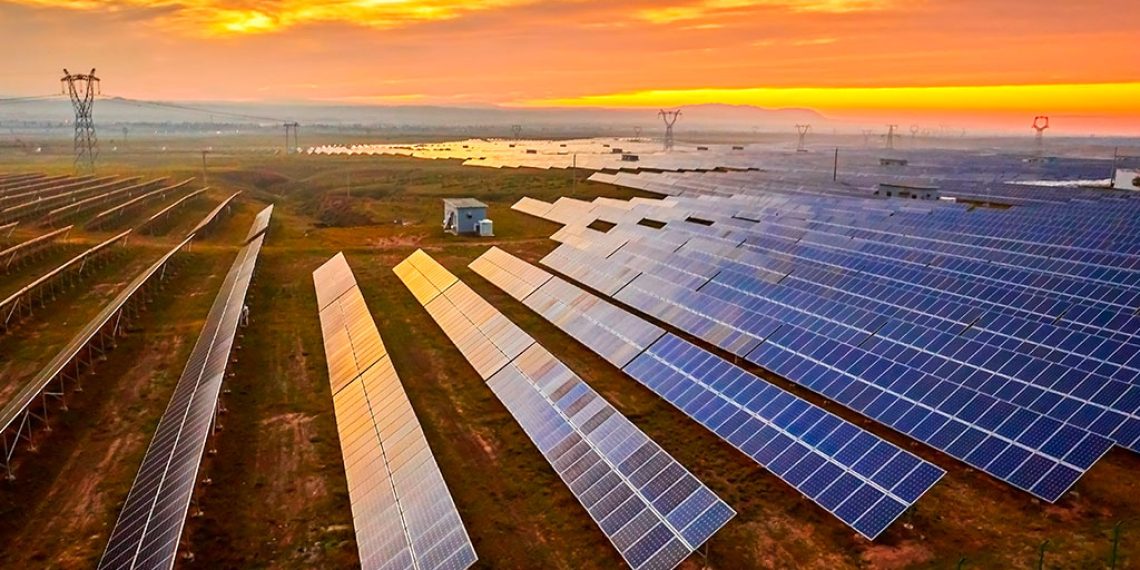
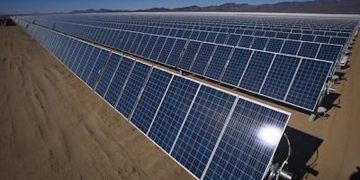
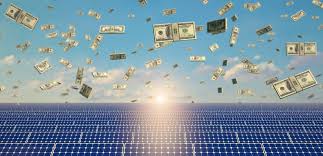
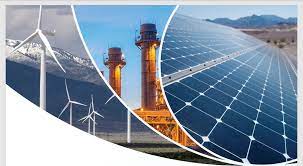
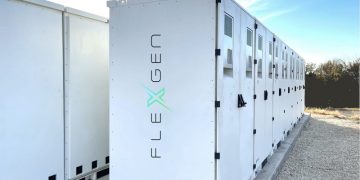



Like!! Really appreciate you sharing this blog post.Really thank you! Keep writing.